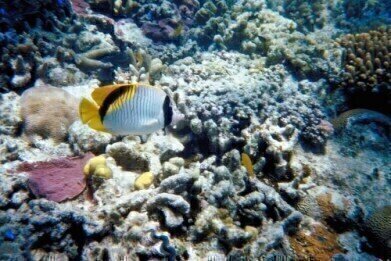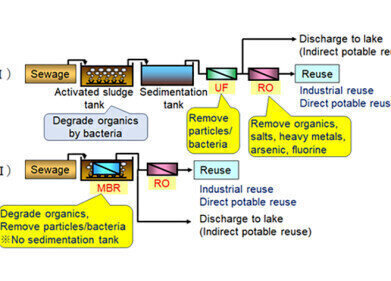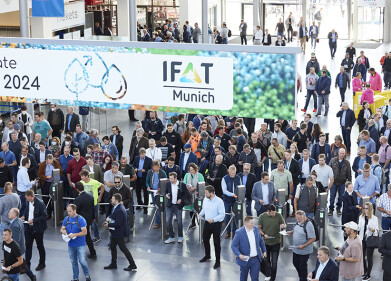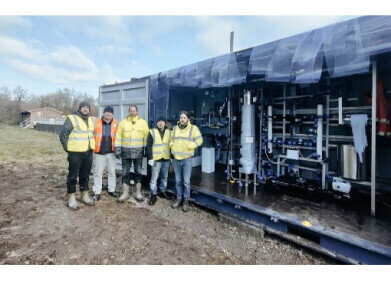-
 The reef has suffered from a 50 per cent decrease in condition since 1985
The reef has suffered from a 50 per cent decrease in condition since 1985
Water/Wastewater
Great Barrier Reef has suffered severe decline in condition
Jul 12 2013
New reports on Australia's Great Barrier Reef show that it has suffered a decline in its condition. The reports highlight the decline from moderate condition to poor in 2011, as well as showing that the reef has suffered a 50 per cent deterioration in condition since figures from 1985. The Reef Water Quality Protection Plan has come after the United Nations issued a warning that the reef's heritage status may be downgraded due to the decline in condition.
The report, released by the Queensland and federal governments, has found several reasons for the severe loss of coral cover over the last few decades. Around ten per cent of the damage sustained by the reef has been caused by leaching, which has been linked to the effects of climate change. At least 48 per cent has been caused by storm damage and 42 per cent of damage has resulted from crown-of-thorns starfish.
Large amounts of damage has been sustained by the reef over thel years as it has been hit by particularly bad storms. Cyclone Larry in 2007 and Cyclone Yasi in 2011 have reportedly resulted in a lot of damage to the reef and sea grass.
Crown-of-thorns starfish cause substantial damage to the reefs as adult starfish's main food source is the coral. There has been a boom in the number of the starfish that are present in the reef due to fertilisers from farms polluting water run off, which then finds its way into the ocean. This fertiliser causes algae to bloom, which is the main food source for the baby crown-of-thorns starfish; allowing them to have access to enough food to reach adulthood.
The report also detailed the overall water quality of the area and found that most of the land managers within the region of the reef hadn't met with their reef plan targets. These targets are designed to reduce the amount of run-off from operations that can result in pesticides and sediment polluting the water around the reef.
Events
May 05 2024 Seville, Spain
May 13 2024 Munich, Germany
May 23 2024 Beijing, China
May 23 2024 Beijing, China
Jun 10 2024 Algiers, Algeria












